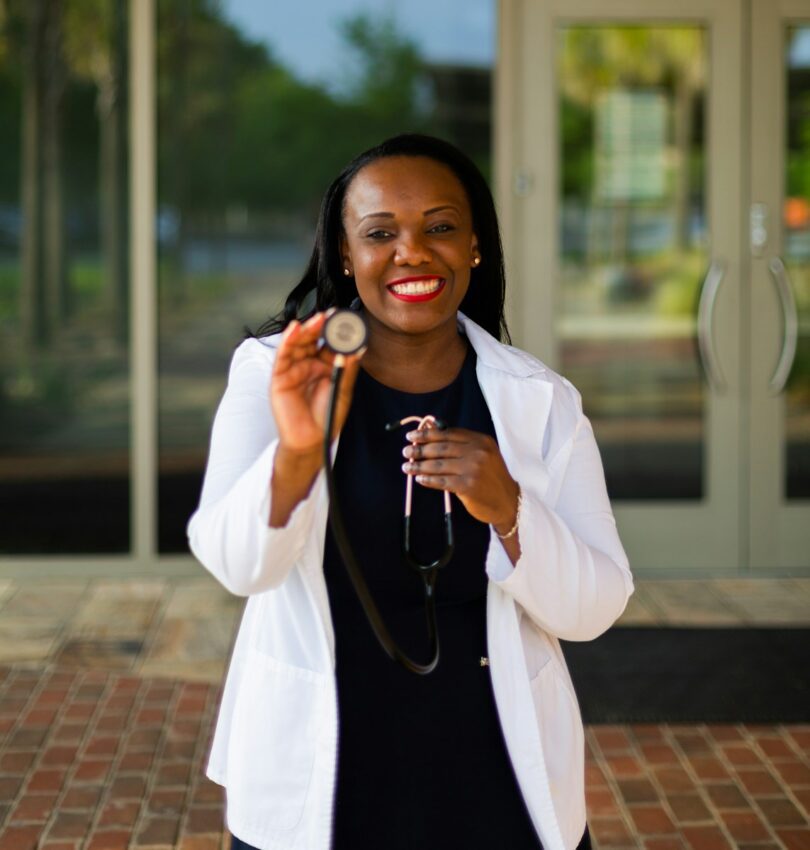Across Melbourne, conversations around women’s health have shifted. They’re not just about routine check-ups or symptoms anymore. More women are showing up with clear expectations—asking smarter questions, expecting a different tone in the room, and looking for care that meets them where they are.

This shift isn’t coming from a place of demand. It’s coming from experience. Melbourne women have dealt with long waits, rushed consults, and moments where they didn’t feel fully heard. Now they’re looking for healthcare that feels personal and moves with the times.
Care That Feels Like a Two-Way Street
The old model of one-sided information delivery doesn’t fly anymore. Patients want a voice in the conversation. That doesn’t mean challenging a doctor’s expertise. It means wanting clarity, space to ask questions, and care that adapts to different life stages.
Language matters. So does timing. Even subtle things—like explaining test results in plain English or offering a second to process a diagnosis—can change how someone feels about their entire experience. It’s about being seen and spoken to with context and care.
More clinics are catching on, creating time in appointments for dialogue. That extra five minutes is where trust is built.

What’s Being Prioritised in Appointments
There’s been a strong uptick in preventative check-ins. Many women are coming in not because something’s wrong, but because they want to stay ahead of issues. Hormone health, cycle tracking, and early menopause conversations are becoming standard.
There’s also a growing emphasis on the emotional side of gynaecological health. Women want a provider who can hold space for both physical symptoms and the mental toll they can take. It’s common now for someone to ask for a second opinion, not because they doubt the science, but because they’re unsure how they were treated in the room.
Respect, comfort, and cultural understanding all matter. Especially for younger women, neurodivergent patients, and those from diverse backgrounds, a welcoming tone isn’t a bonus—it’s part of the service.
What Patients Are Really Asking For
When looking at what’s come up most often in Melbourne gynaecology appointments, a few standout requests keep coming back:
- Fewer rushed visits. A shorter wait time is nice, but longer appointment slots matter more.
- More transparency with test results. Especially when it comes to reproductive planning or long-term management.
- Options that consider natural rhythms. Patients are asking for solutions that support, not suppress, where possible.
- Less automatic pushing of one-size-fits-all treatments. The appetite for personalised care is strong.
- Practices that feel calm. Lighting, staff tone, and even waiting room layout all feed into that comfort.
These may seem small in isolation. Taken together, they’re reshaping what good care looks like.
Evolving With Life Stages
Women in Melbourne are increasingly engaging with gynaecologists at non-traditional points. Teens are looking for early education. New mums wanting to reset after birth. Perimenopausal women navigating shifting ground. There’s a sense that care should follow the curve of life, not just show up at the “big” milestones.
Because of this, clinics are starting to blur the lines between education and treatment. A consultation might involve dietary advice, mental health referrals, or conversations about how stress affects hormones. This layered approach reflects what women are living with outside the clinic walls.
It’s not about offering every solution at once. It’s about not siloing issues that are clearly connected.
What Melbourne Clinics Are Doing Differently
To match the new expectations, some clinics are redesigning how they function. The shift isn’t just about adding new services—it’s about removing barriers.
Long phone queues are being replaced with online booking and text updates. Intake forms now ask about preferences, past experiences, and anything that might shape how someone wants to be treated. Some locations offer after-hours appointments or quiet consult slots for those who need a lower-sensory setting.
That responsiveness is part of what’s drawing more women back for consistent care. When they see their experience reflected in the process, trust grows.
There’s no perfect formula. But Melbourne gynaecology providers who are open to change are earning loyalty for the long haul. They’re not just checking boxes. They’re asking better questions—and listening to what comes next.
